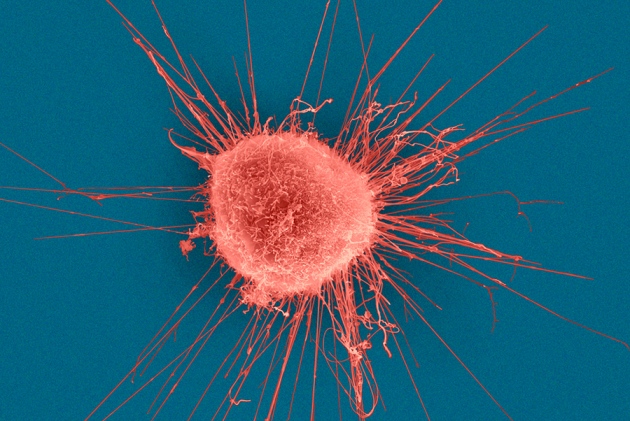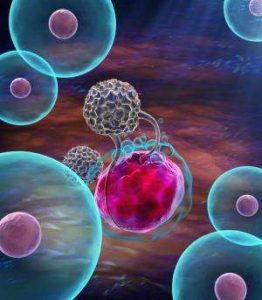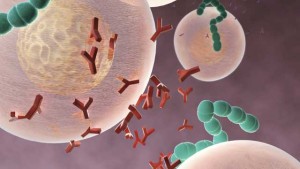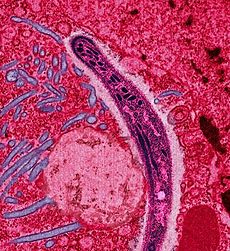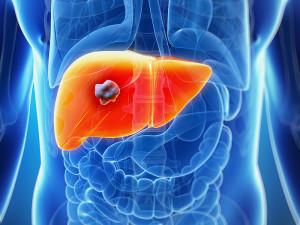Abstract
We identify the sodium leak channel non-selective protein (NALCN) as a key regulator of cancer metastasis and nonmalignant cell dissemination. Among 10,022 human cancers, NALCN loss-of-function mutations were enriched in gastric and colorectal cancers. Deletion of Nalcn from gastric, intestinal or pancreatic adenocarcinomas in mice did not alter tumor incidence, but markedly increased the number of circulating tumor cells (CTCs) and metastases. Treatment of these mice with gadolinium—a NALCN channel blocker—similarly increased CTCs and metastases. Deletion of Nalcn from mice that lacked oncogenic mutations and never developed cancer caused shedding of epithelial cells into the blood at levels equivalent to those seen in tumor-bearing animals. These cells trafficked to distant organs to form normal structures including lung epithelium, and kidney glomeruli and tubules. Thus, NALCN regulates cell shedding from solid tissues independent of cancer, divorcing this process from tumorigenesis and unmasking a potential new target for antimetastatic therapies.
Main
Most patients with cancer die as a result of metastasis1, the process by which cancer cells spread from the primary tumor to other organs in the body2. Blocking metastasis could markedly improve the survival of patients with cancer, but how this process is triggered within the complex cascade of tumorigenesis remains unclear3.
Because metastasis is thought to be a wholly abnormal process, restricted to malignant tissues, attention has focused on identifying genetic mutations as drivers of cancer metastasis. Although this research has unmasked genes that promote metastasis in mouse models and humans, including a variety of ion channels that induce a metastasis-like phenotype by altering the transmembrane voltage to induce changes in gene transcription4,5,6, so far no recurrent metastasis-specific mutations have been identified2,3,7.
Other cell functions implicated in the metastatic cascade include ‘stem cell-like’ multipotency and plasticity. Stem cell capacity has been ascribed to metastatic cancer cells because of their ability to reconstitute heterogenous malignant cell populations as metastatic tumors8,9. Epithelial mesenchymal transition (EMT)2—a type of cellular plasticity displayed during normal gastrulation and tissue healing—is also an established feature of the metastatic cascade2,10. What remains unclear is how cancers ‘hijack’ these normal cell functions to enable metastasis.
Here, we identify a single ion channel, NALCN, as a key regulator of epithelial cell trafficking to distant tissues. NALCN is responsible for the background sodium leak conductance that maintains the resting membrane potential. It regulates key functions in excitable tissues, for example, respiration and circadian rhythms11,12,13, and gain-of-function mutations in the gene are associated with neurological disorders14. However, little is known about the role of NALCN in nonexcitable tissues. We show that NALCN regulates the release of malignant and normal epithelial cells into the blood, and their trafficking to distant sites where they form metastatic cancers, or apparently normal tissues, respectively. We thereby demonstrate that the metastatic cascade can be triggered and operate independent of tumorigenesis. These observations have profound implications for understanding epithelial cell trafficking in health and disease and identify a novel target for antimetastatic therapies.
Results
NALCN loss-of-function in cancer
We showed previously that Prominin1 (PROM1) marks basal stem cells in gastric antral glands and that their lineage forms adenocarcinomas in Prom1CreERT2/LacZ;KrasG12D;Trp53Flx/Flx (P1KP) mice15. PROM1+, but not PROM1−, cells isolated from P1KP gastric adenocarcinomas (P1KP-GAC) propagated these tumors as allografts, suggesting that PROM1+ P1KP-GAC cells are the malignant counterparts of antral gland basal stem cells (Extended Data Fig. 1). …

